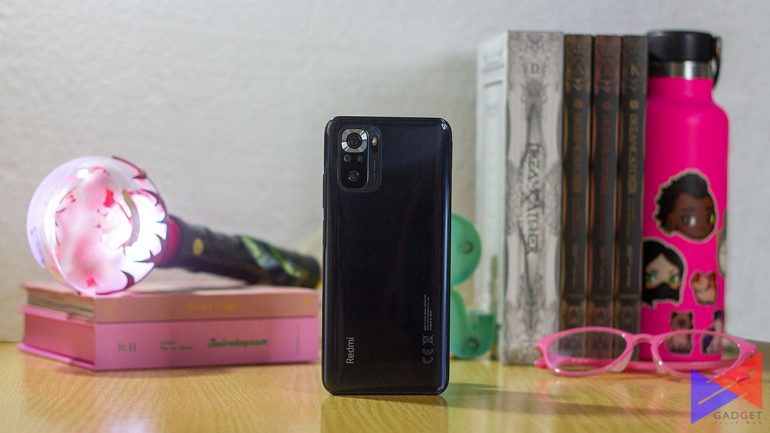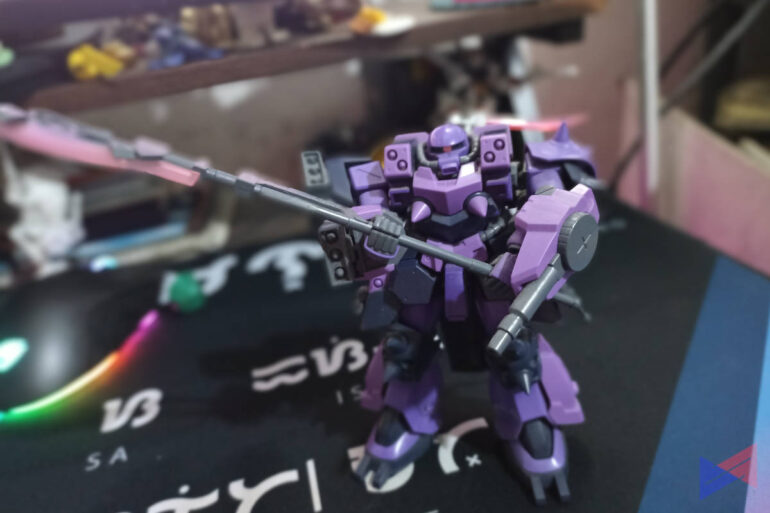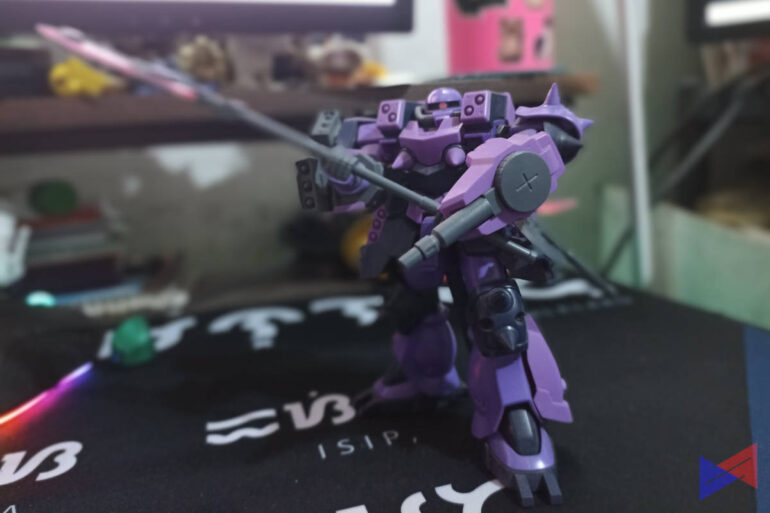Xiaomi introduced the Redmi Note 10S in the Philippines last month alongside its sibling, the Redmi Note 5G. The Redmi Note 10S is a mid-range device with competitive specs like Helio G95 chipset and a quad 64MP rear camera setup.
We were given the opportunity to use the device for two weeks and here’s what the experience with the device was like.
But before that… here’s a full spec sheet.
Specification
| Note 10S | |
| Display | 6.43″ AMOLED DotDisplay |
| Processor | Helio G95 |
| RAM | 8GB LPDDR4X |
| Storage | 128GB UFS 2.2 |
| Rear Camera | 64MP Wide-Angle |
| 8MP Ultra-Wide | |
| 2MP Macro | |
| 2MP Depth | |
| Front Camera | 13MP |
| OS | Android 11 + MIUI 12.5 |
| Battery | 5,000mAh |
| Fast-Charging | 33W |
IP Rating | IP53 |
| Price | PhP11,990 |
Build and Design
At first glance, the Redmi Note 10S looked very sleek. We were given the Onyx Black color and it looked simple with a bit of a shine to it. Simple isn’t a bad thing here.
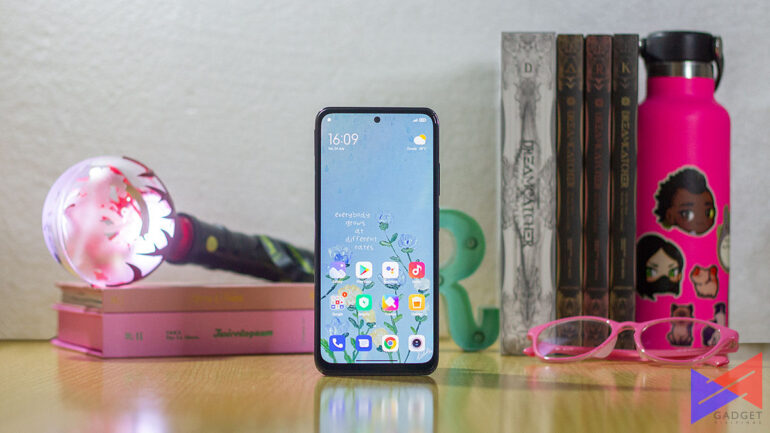
Picking up the phone was pretty surprising as it was light at 178.8g and fit very well in one hand. The device is built around a 6.43-inch AMOLED DotDisplay panel which also helps make it easy to handle with one hand.
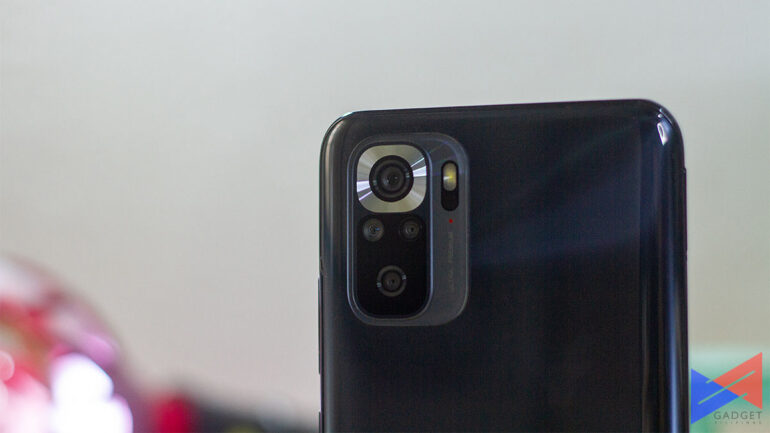
Around the back, it features a rectangular camera module on the upper left with a silver finish around the main camera. Meanwhile at the bottom of the rear of the device is the Redmi branding. As I said, it’s pretty simple with emphasis on pretty and simple.
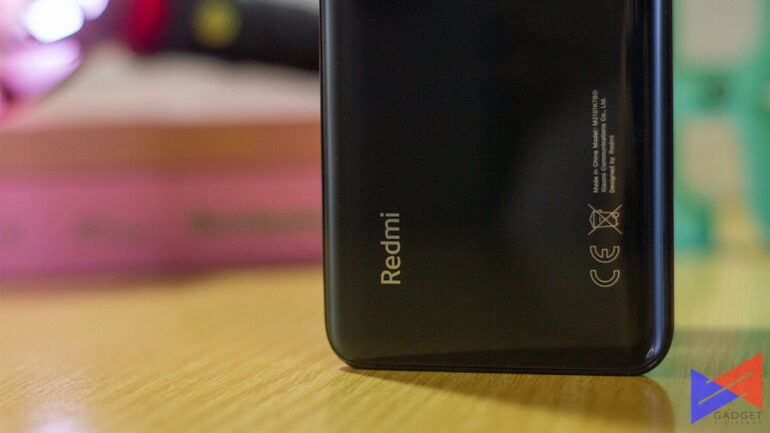
The Note 10S features stereo speakers, the one speaker is found at the bottom accompanied by the Type-C port, mic, and a 3.5mm headphone jack. Meanwhile, the second speaker is found up top next to an IR blaster and a second microphone.
I enjoyed that the second speaker was up top and not in the earpiece, which we see more often. However, I would prefer it be on the same side as the bottom speaker just so you don’t block it when you’re playing or watching a video.
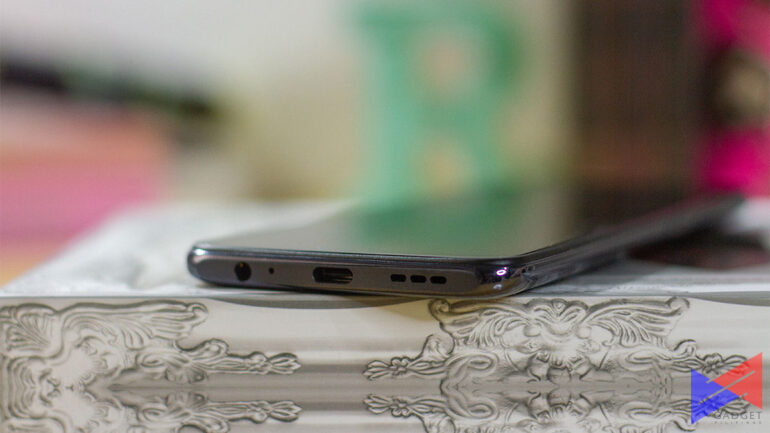
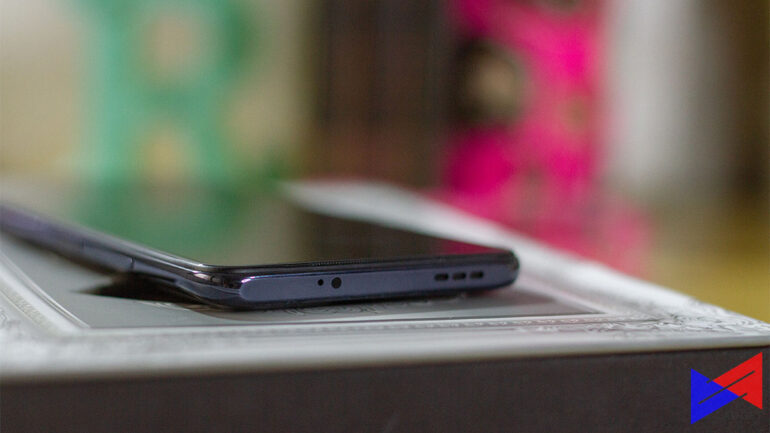
On the right side of the phone are its volume rocker and power button which doubles as a fingerprint scanner. On the opposite side is the SIM tray that supports two SIM cards and a microSD card.
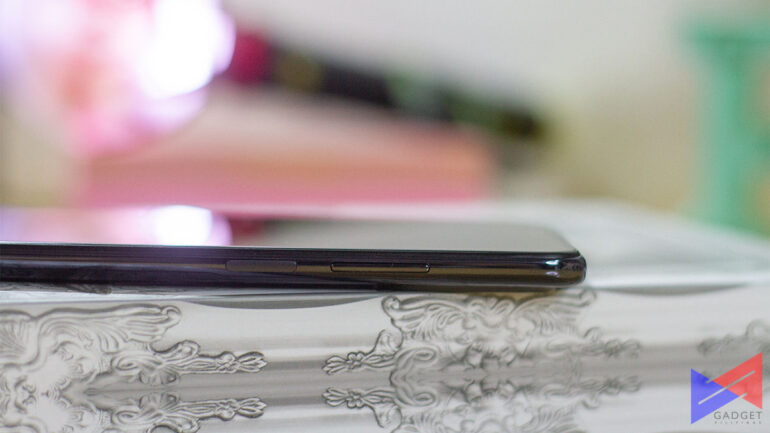
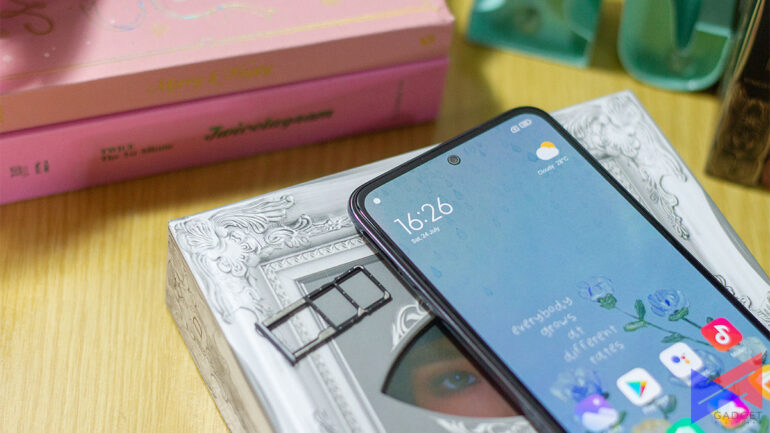
The phone also has an IP53 rating making it water and dust-resistant.
Performance
Under the hood, the Xiaomi Redmi Note 10S is powered by a MediaTek Helio G95 chipset coupled with 8GB RAM and 128GB of internal storage.

Thanks to the Helio G95 chipset at the helm, the device was able to handle even the more challenging games. I played a good variety of games from the fairly easy to run like Mobile Legends: Bang Bang and Auto Chess to heavier games like Genshin Impact and Ragnarok X: Next Generation.
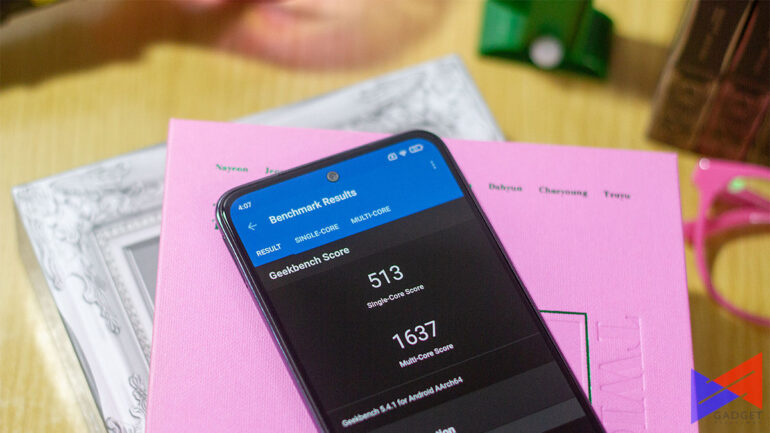
Based on multiple hours of playing, it was able to handle even Genshin Impact and Ragnarok X on high settings. Albeit the former showed some signs of strain through stutters when moving the camera. Although, the rest of the games I tested like League of Legends: Wild Rift, Call of Duty Mobile, and even Black Desert Mobile ran pretty smoothly even on max settings.
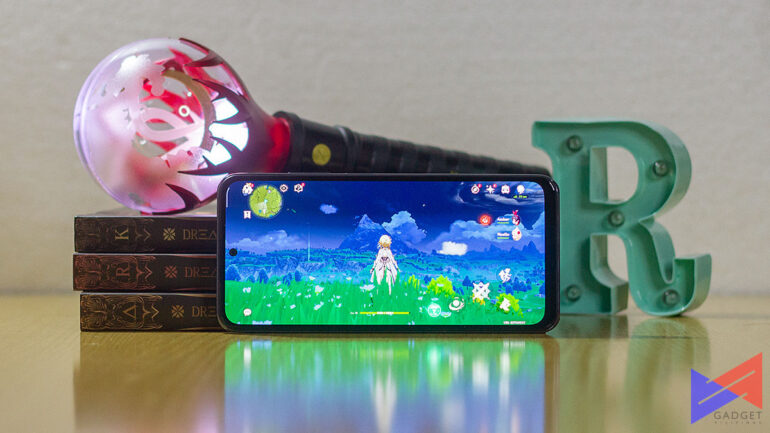
Even with day-to-day social media and video watching use, I didn’t come across any stutters of any sort which made the experience with the Note 10S just enjoyable. It was just as smooth as the gaming experience.
Camera
Now, to the optics department which consists of a 13MP front camera and the quad rear camera. The rear cameras are led by a 64MP main camera coupled with an 8MP ultrawide sensor, a 2MP macro lens, and a 2MP depth snapper.
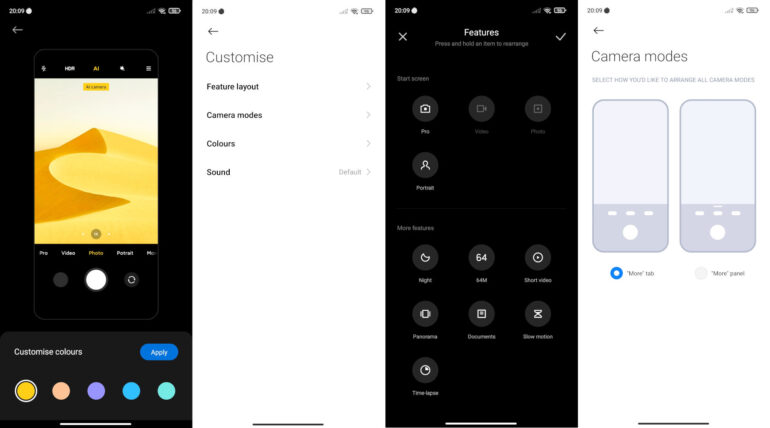
Before we get to the performance of the camera itself, I’ll have to give a special mention to the camera app which was quite a joy to use. Not only is it straightforward, but it was easy to switch between modes. There’s also customizability, which I found pretty neat.

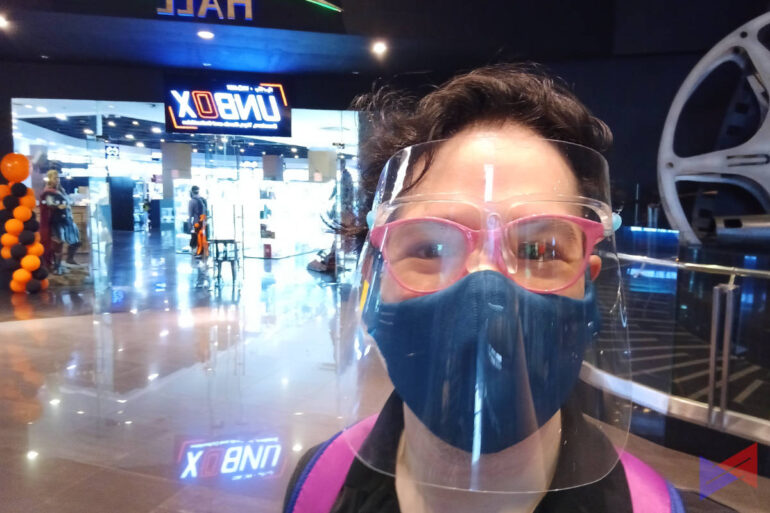
Now, to the cameras. The front camera was pretty good. It produced a good range of colors especially for the subject [AKA me]. There also was AI mode, portrait mode, beautify modes, and filters if those tickle your fancy.

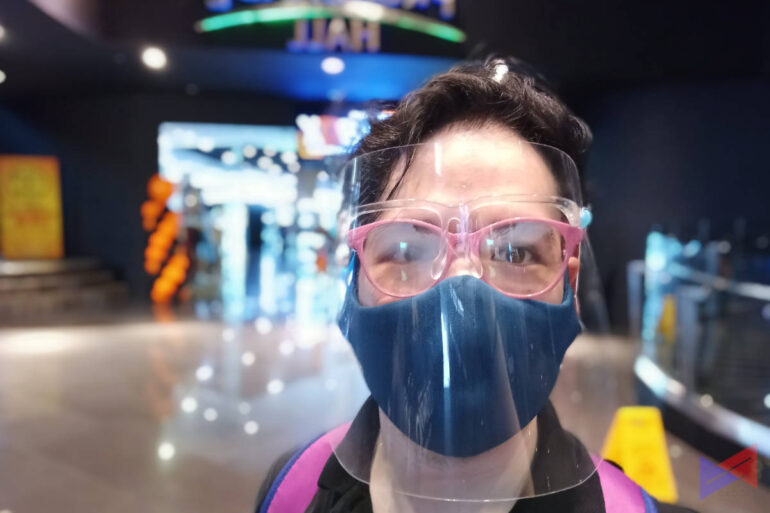
Portrait mode did a generally decent job of separating myself from the background especially with enough light. But struggled to separate my fly-away hair as you see in take 1.
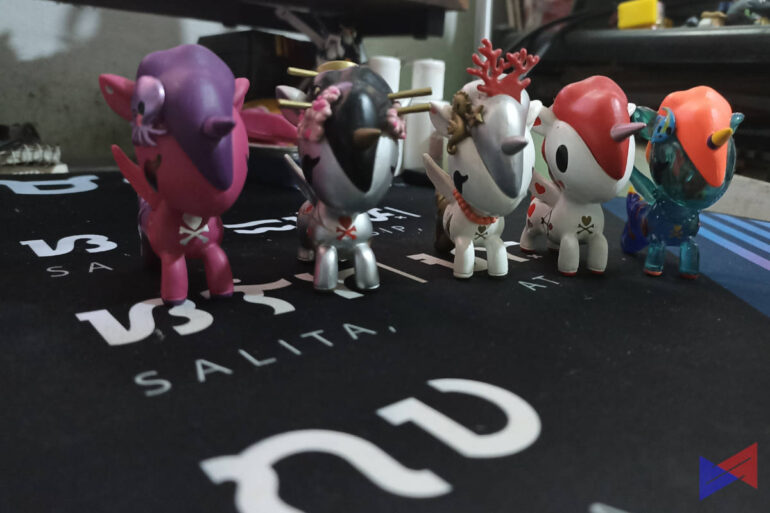
Out of the four cameras in the back, I enjoyed using the main and ultrawide the most. The color reproduction and contrast on the main camera are impressive even in the gloomy weather.

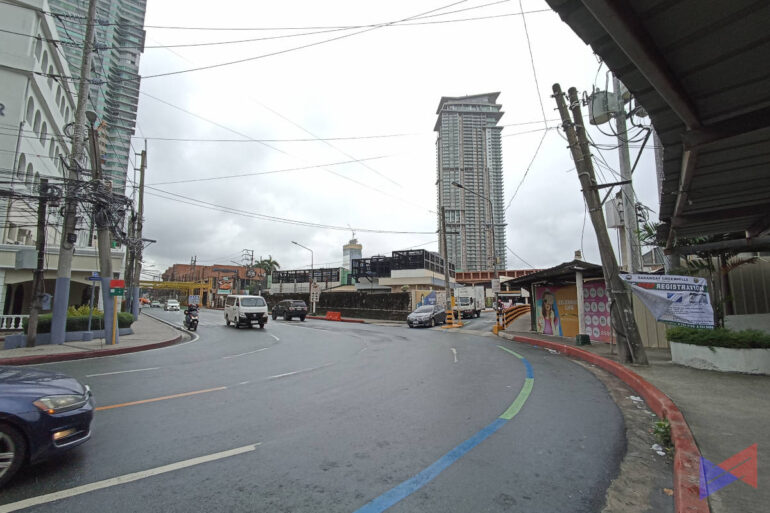

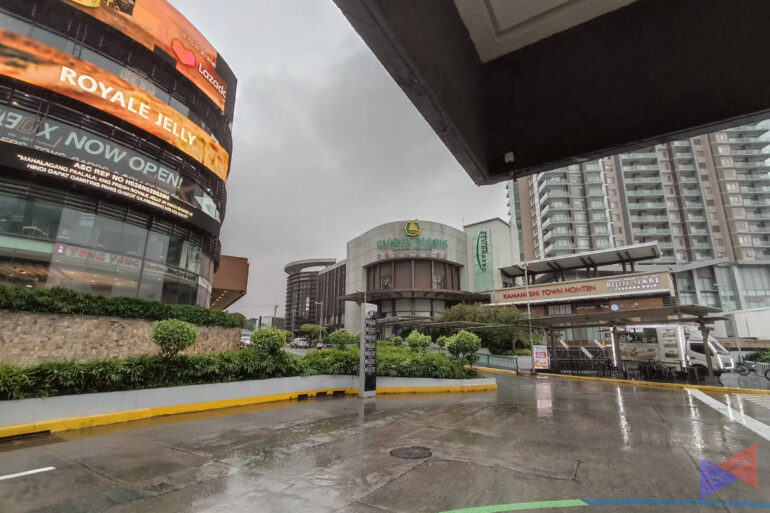
The ultrawide camera, on the other hand, was a bit grainy and washed out the colors a bit. That said, I really don’t mind it as it does offer a different perspective in your shots compared to the main camera. Getting a bit more in your frame helps especially when capturing cityscapes or buildings.

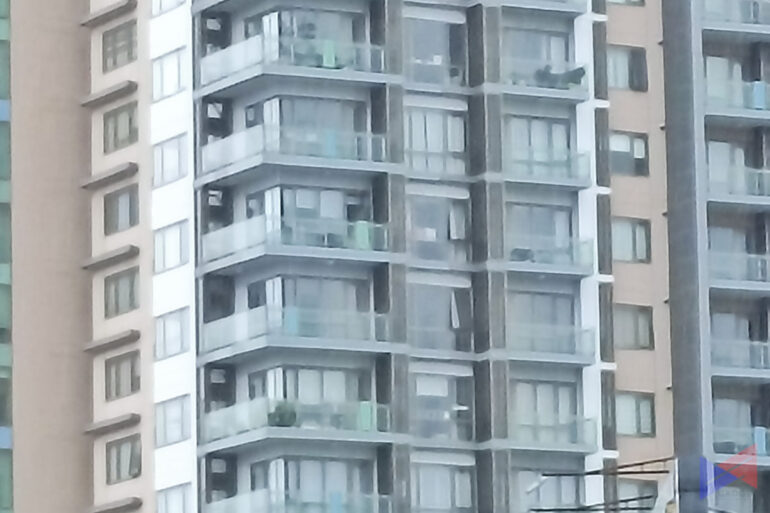

The macro lens really struggled though, whether it be with low light or ample light in your shot.


There’s also Tilt-shift mode which lets you choose between a circle or a straight line as a focal point and everything else around it is blurred.

Battery
The Redmi Note 10S has a 5000mAh battery with support for 33W fast charging.
Based on the PCMark battery test which simulates photo and video editing and browsing, the device lasted 14 hours and 32 minutes. Which was more or less spot on depending on your usage.

This was enough for me to do my errands with a full charge and still have more than enough to finish the rest of the day. Only really needing to charge either before I sleep or as I woke up. My errand run was a couple of hours long with data and Bluetooth turned on as well.
With the 33W fast charging support, it was able to top up the device from zero to full in a little over an hour, which isn’t too bad. It’s enough for me to get some work done or finish chores and get back ready for another binge-watch session or gaming session. This is realistically even less time because I hardly allow my phones to totally run out of battery.
Software
MIUI 12.5 is a good skin on top of Android 11. Out of the box, it hardly had bloatware and some of the pre-installed apps were apps that I’d download anyway like Netflix and Facebook.
I’m always a fan of Android skins that offer an experience close to base Android especially when it comes to pre-installed apps.
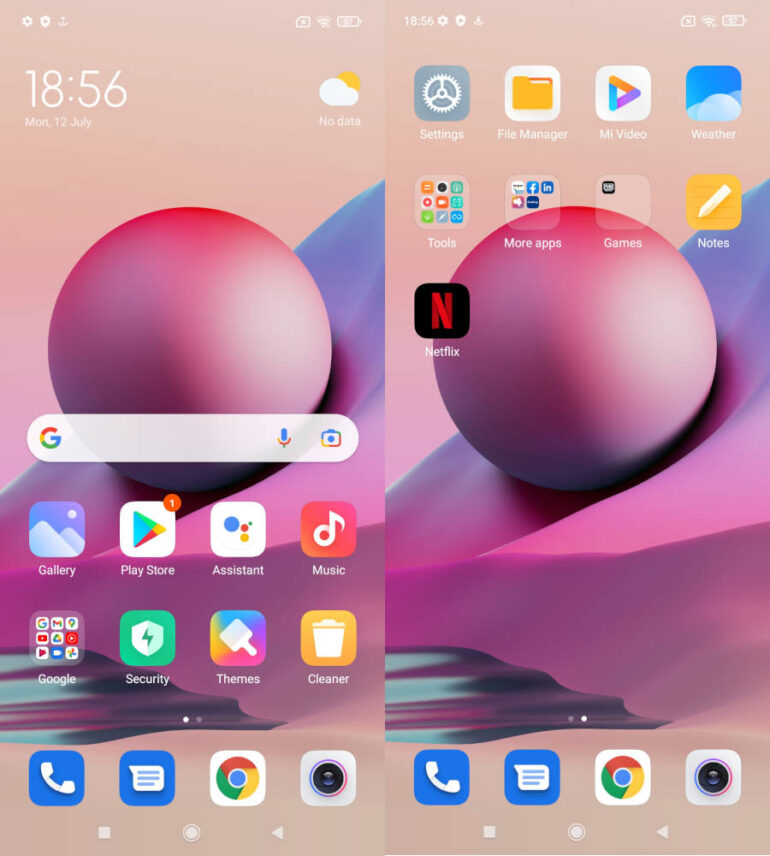
One thing I was surprised to see was the option to switch between two notification/control center panels. The old version has everything there to one that separates your notifications from the control center. I decided to use the new separated option throughout the two weeks, and while it took a while to adjust, I enjoyed that there was a new option. It just made it quite refreshing to use.
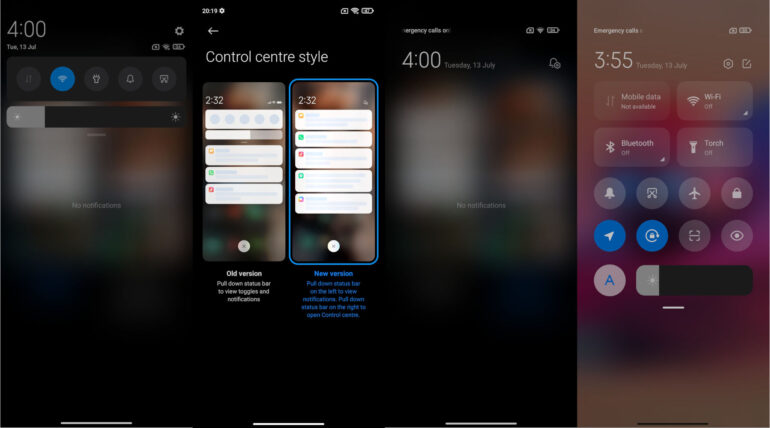
Phone photos taken by Rianne Ronquillo
Ram found his love and appreciation for writing in 2015 having started in the gaming and esports sphere for GG Network. He would then transition to focus more on the world of tech which has also began his journey into learning more about this world. That said though, he still has the mentality of "as long as it works" for his personal gadgets.

